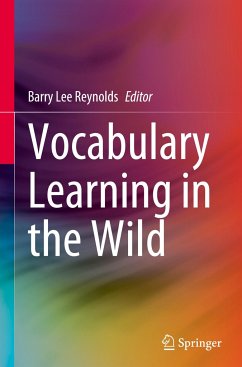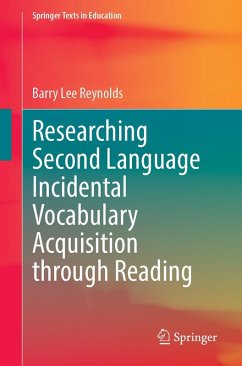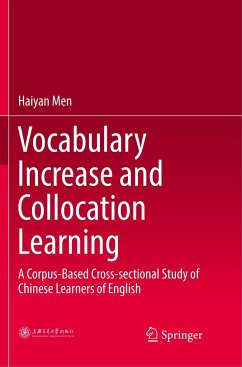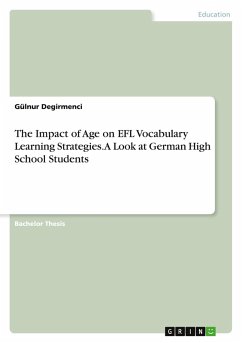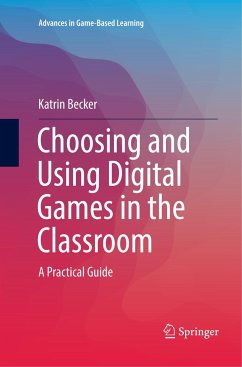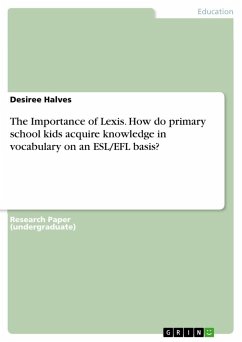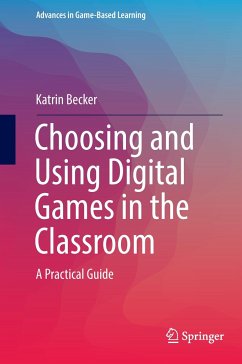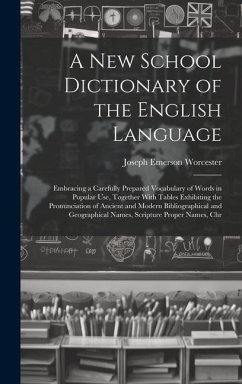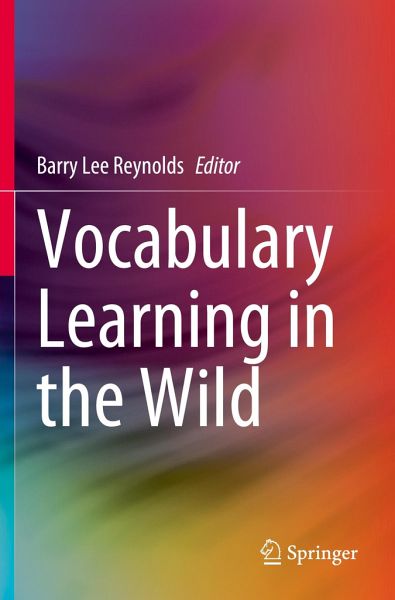
Vocabulary Learning in the Wild
Versandkostenfrei!
Versandfertig in 6-10 Tagen
83,99 €
inkl. MwSt.

PAYBACK Punkte
42 °P sammeln!
This book provides a timely and valuable resource to explore second language vocabulary learning outside the formal language learning classroom. Rapidly evolving technology and the increasing impact of the global village have resulted in dramatic changes to and increased occasions for second language vocabulary learning. This book offers new and valuable insights into the radically different opportunities both the physical and digital wild provide for language learners to increase their vocabulary knowledge. Practical advice is also given on how second language teachers can integrate vocabular...
This book provides a timely and valuable resource to explore second language vocabulary learning outside the formal language learning classroom. Rapidly evolving technology and the increasing impact of the global village have resulted in dramatic changes to and increased occasions for second language vocabulary learning. This book offers new and valuable insights into the radically different opportunities both the physical and digital wild provide for language learners to increase their vocabulary knowledge. Practical advice is also given on how second language teachers can integrate vocabulary learning in the wild into their formal classroom instruction. This collection of cutting-edge studies by international experts working within the fields of second language teaching and learning, second language acquisition, applied linguistics, informal language learning, and technology enhanced learning offers an essential resource for language teachers and researchers.
The internet is a powerful source of incidental language learning, but this is only part of language learning in the wild. This excellent book shows the range of opportunities available for learning another language outside the classroom in this much neglected research area.
--Paul Nation, Emeritus Professor, Victoria University of Wellington
The internet is a powerful source of incidental language learning, but this is only part of language learning in the wild. This excellent book shows the range of opportunities available for learning another language outside the classroom in this much neglected research area.
--Paul Nation, Emeritus Professor, Victoria University of Wellington



